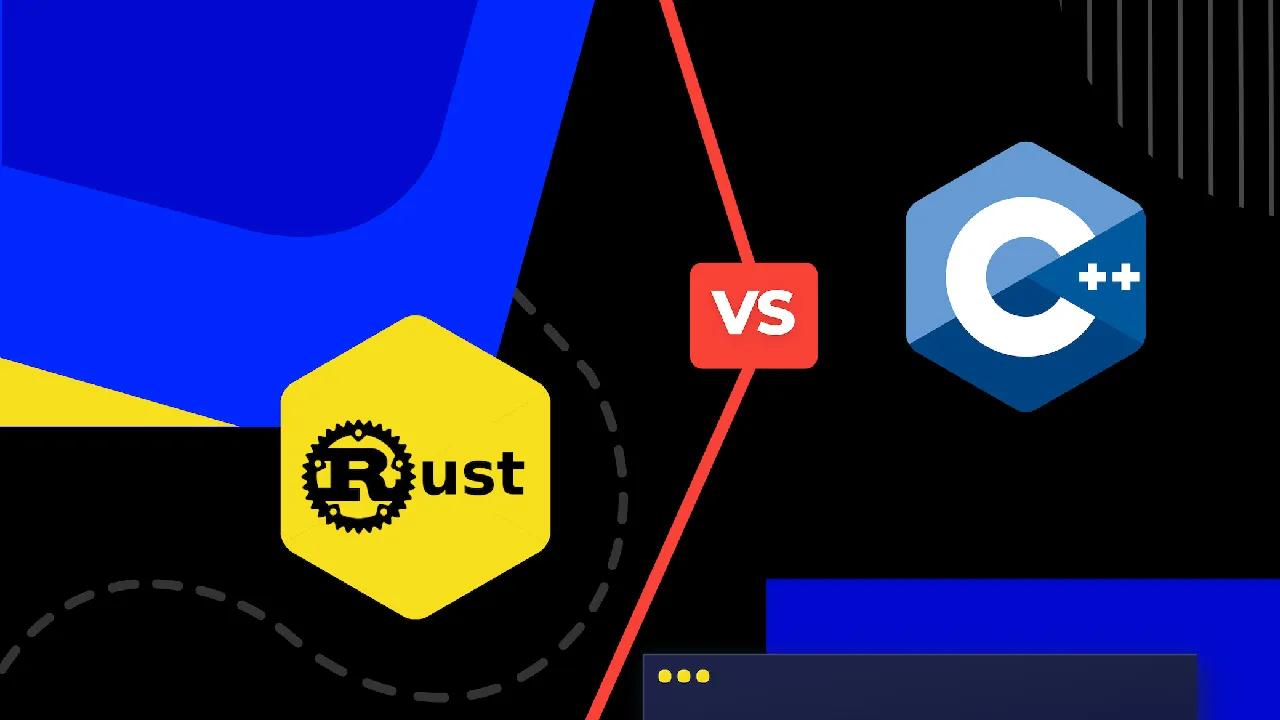Rust and C++ languages are very important in IoT development: they are both utilized in the areas where the direct connection with hardware configuration, speed of performance, and low-level access to memory and controllers matter the most. Specifically, device and application levels of IoT, system programming (drivers, operating system kernels, controllers, etc.), desktop utility programming, 3D game development, and many other spheres. Let’s check the most important comparison areas to find out which of these two is the best choice for your project!
What is C++?
C++ is an “old-school” object-oriented programming language developed by Bjarne Stroustrup in 1985. It improved the conception of the C language, becoming a so-called “C with Classes”, which was a kind of revolutionary solution several decades ago. C++ was designed as a really powerful system programming instrument: literally, the majority of the Microsoft products were developed using different editions of Visual C++ (or simply C++), including the “epic” software packages, such as Windows 95, 98, ME, 200 and XP. Since it’s an object-oriented programming language, C++ provides a determined code structure, enables reusability of code modules, and is also praised for fast performance. Moreover, it’s a multi-purpose language meaning you can use it to build a very wide range of products from resource-constrained software and basic graphical user interface applications to various sophisticated 3D visuals, desktop games, and powerful business packages. С++ is valued by developers for its wide capabilities as well as efficiency, and flexibility.
What is Rust?
Rust is a system-level programming language, developed by Mozilla in 2010, which is aimed at achieving higher performance and better safety levels in comparison to C++. Specifically, it’s designed to cope with certain issues that C++ has been never good with, such as memory-related inefficiencies and concurrent programming. In terms of syntax, Rust is pretty close to C++, but it appeared to be more “loveable” (in fact, it was named the “most loved language” for five years in a row) meaning it’s more convenient and versatile than others, so a great number of developers has employed it for their projects instead of C++.
It was used to develop the Mozilla Firefox browser and ensures a safer way of memory management without using garbage collection methods. It’s considered a low-level language as it provides detailed control possibilities, especially manual memory management. Also, Rust produces the smallest binary possible and compiles rapidly, with minimum overhead.
#software #web development #c++ #rust #rust vs c++
